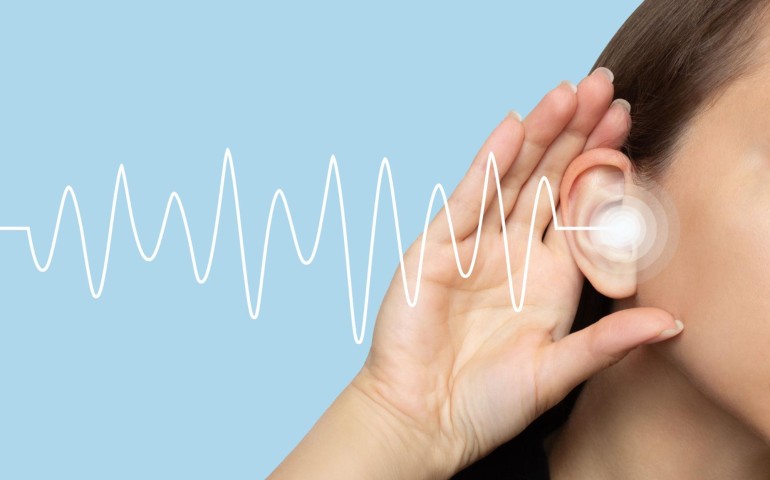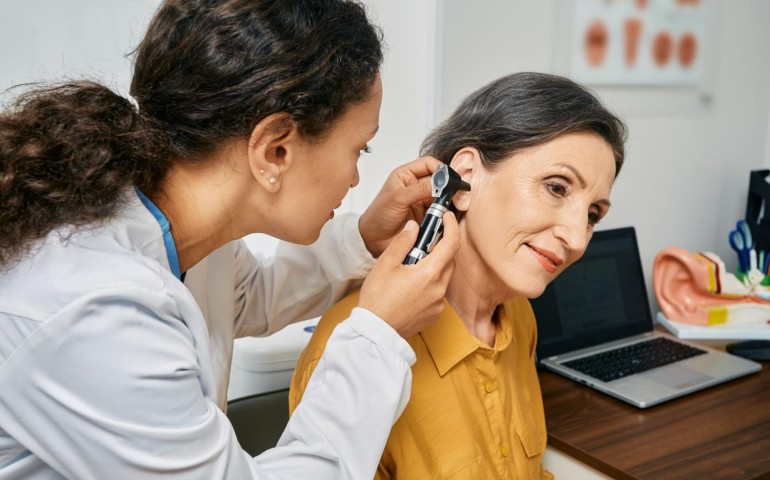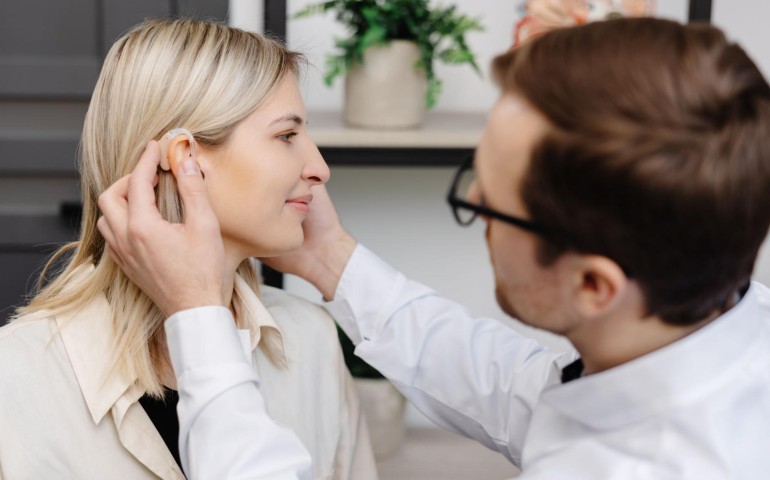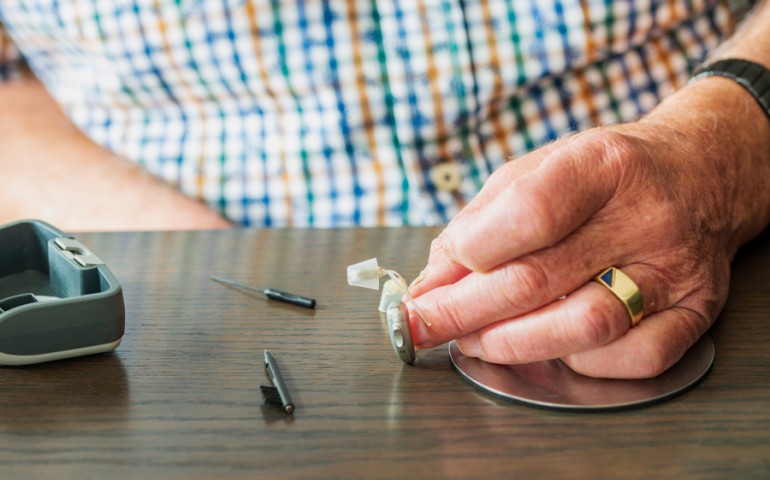Are Hearing Loss and Deafness the Same?
Around 25% of people over 60 experience hearing loss. The risk of hearing loss and deafness increases as we age and multiplies beyond the age of 60. There are natural reasons for this, many of which are age-related. However, other factors such as work, activities, lifestyle, and genetics can contribute to hearing loss and deafness. In this discussion, we'll explore the differences between hearing loss and deafness and provide some helpful solutions.
Defining Hearing Loss and Deafness
There are obvious and not-so-obvious factors distinguishing hearing loss from deafness. Hearing loss is when a person does not hear as well as a person with normal hearing. Hearing loss ranges from mild to severe, and the vast majority of people have it or will develop it.
Deafness is understood as a loss of hearing ranging from profound to total. Those with deafness and little to no hearing often use sign language as a means of communication. A person can be born deaf, develop it through a genetic condition or injury, or develop it over time from common causes, including age.
Understanding the Causes
Hearing loss comes in three forms:
- Conductive: involving the middle or outer ear
- Sensorineural: involving the middle ear
- Mixed: a mixture of the two
Causes of Hearing Loss & Deafness
- Inner ear damage: caused by loud noises, age, missing or damaged nerves or hairs
- Wax buildup: wax buildup can block the inner canal, preventing sound from entering
- Infection, bone growths, & tumors: occurring in the middle and/or outer ear
- Ruptured eardrum: a tympanic membrane perforation is classified as an injury
Identifying the Symptoms
The Cleveland Clinic offers the following as symptoms of hearing loss:
- Asking others to repeat themselves
- Trouble following conversations
- Thinking others are mumbling
- Unable to hear high-pitched sounds
- Turning up device volume beyond other's tolerance
- Tinnitus
- Ear pain
- Feeling of pressure
- Balance problems
Diagnosis and Treatment Options
Diagnosing hearing loss will begin with a physical examination. You will go through a series of screening tests. These will use hearing loss detection software, tuning forks, and audiometers. In this way, the level of hearing loss in each ear can be measured to determine the level of hearing remediation and treatment needed.
Treatments include hearing aids, surgery, earwax removal, and cochlear implants.
Living with Hearing Loss and Deafness
Living with hearing loss and deafness can be a serious challenge, especially for people who were not born with the condition. A strong initial coping strategy is to tell family and friends about your hearing loss. Learning to position oneself to hear better and turning off background noise can help in mild cases. Asking others politely to speak up and getting people's attention before speaking to them is another solid everyday strategy. Finally, it will be best to choose quiet settings for important conversations. A hearing aid is also recommended.
Prevention and Awareness
Of course, the best medicine for hearing loss is prevention. We should always be mindful of risks to our hearing and avoid them. Once hearing loss begins, seeking professional care will be necessary. Conditions that cause hearing loss that can't be avoided normally, such as infection and abnormal bone growth, require medical intervention.
Be sure to contact us at Beltone Skoric Hearing Aid Center at the earliest opportunity to prevent or reduce hearing loss. This will give you the best chance to enjoy your sense of hearing well into maturity.






